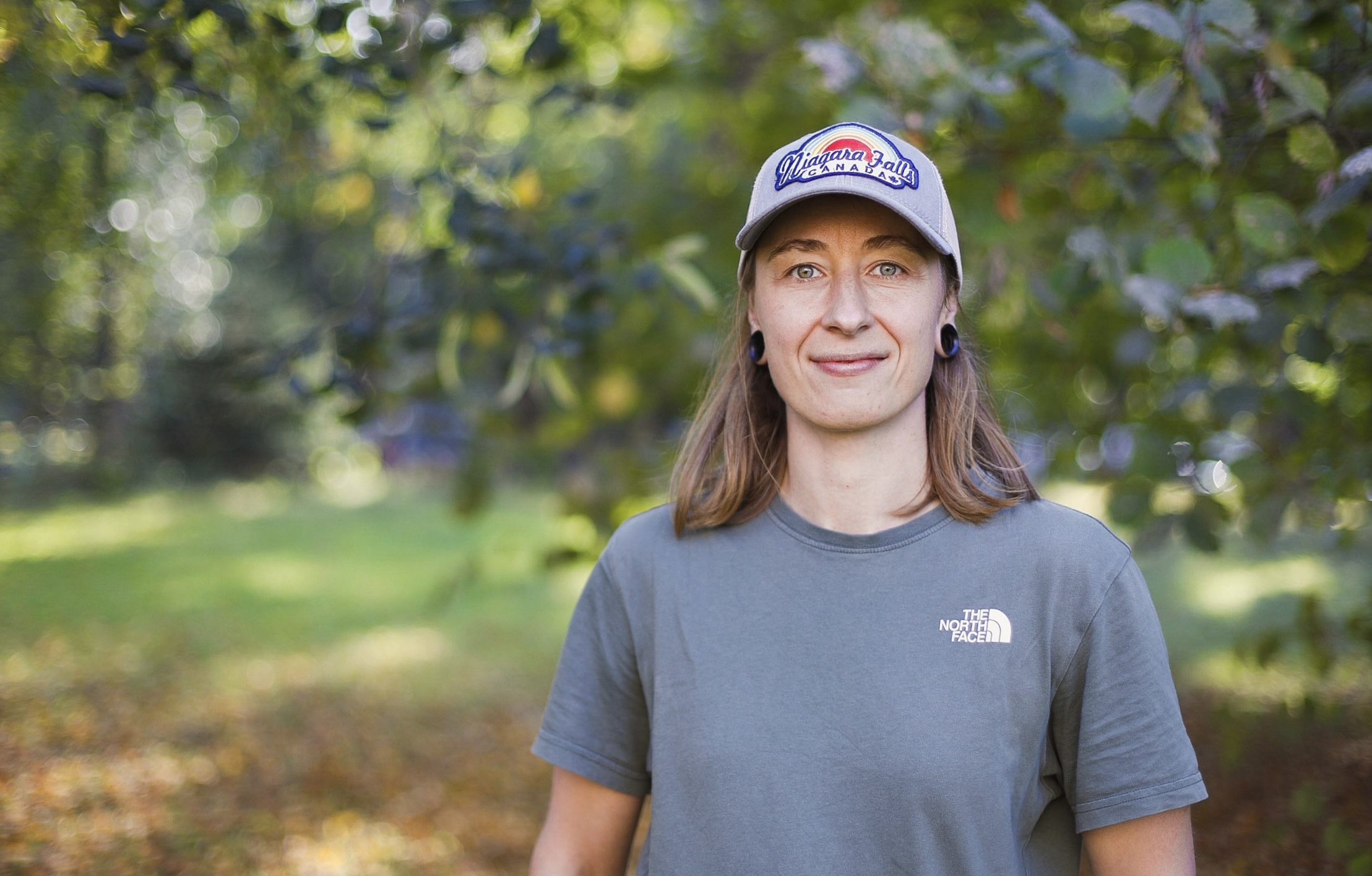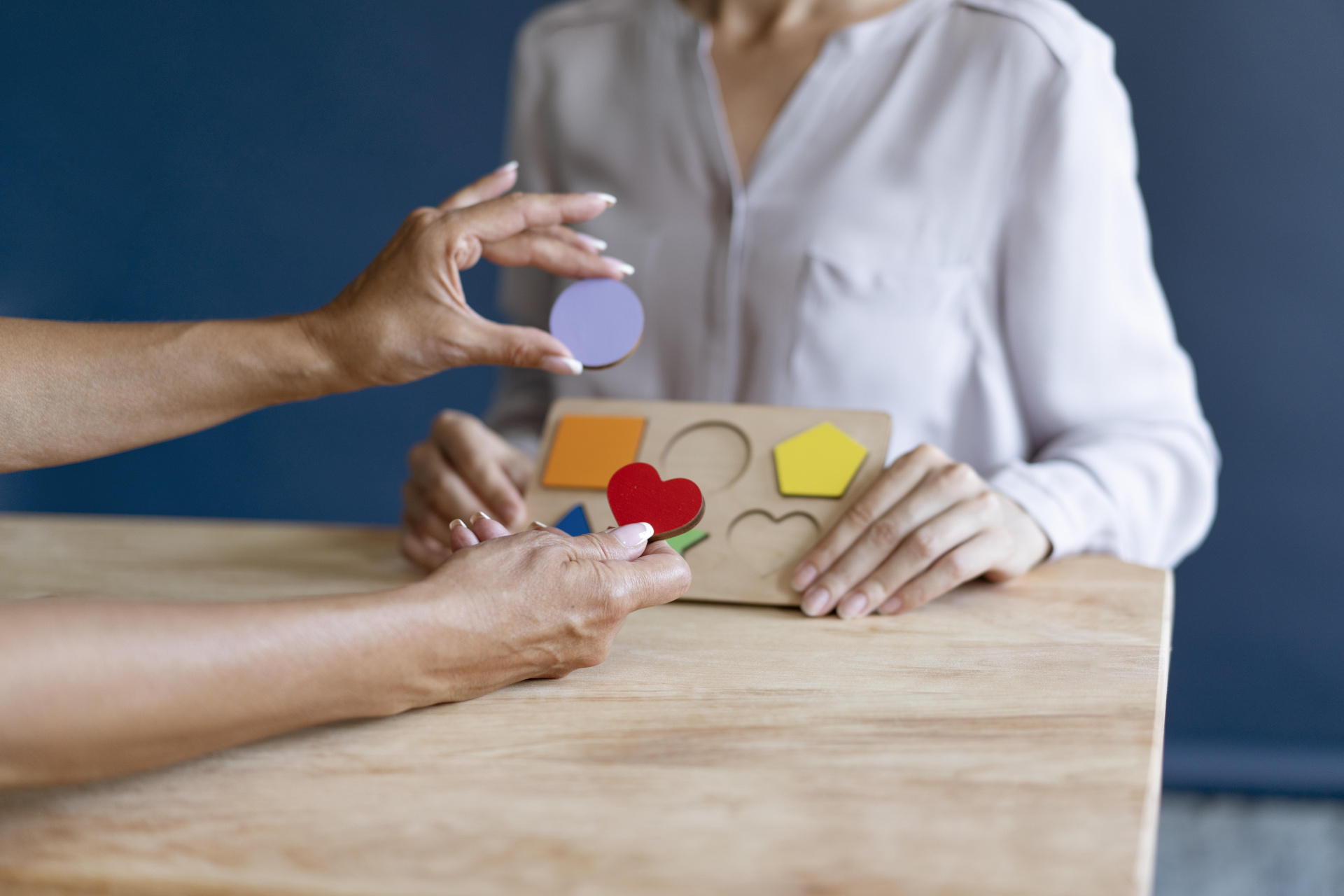 Gabrielė Dirsytė / MF archive
Gabrielė Dirsytė / MF archive
Occupational therapy focuses on restoring, maintaining, or compensating for a patient’s capabilities through purposeful activities that strengthen or recover abilities, preserve skills, or provide compensatory techniques—all with the goal of fostering independence and enabling a fulfilling life. In honor of World Occupational Therapy Day, we speak with Gabrielė Dirsytė, an occupational therapist and graduate of the Faculty of Medicine at Vilnius University, about the benefits of occupational therapy, particularly within the field of mental health.
Is occupational therapy a popular profession in Lithuania?
As I work with colleagues who also teach in the occupational therapy programme, I know from them that it is not such a popular career choice. Actually, it is a profession that is declining in popularity, and this is a problematic trend.
What courses are taught in the Occupational Therapy Programme?
The programme covers a wide range of courses: History and Philosophy of Occupational Therapy, Functional Anatomy, Basic Psychology, Rehabilitation Measures, Psychosocial Approaches and Medical Ethics, Human Physiology, Motor Skills, and Pathological Conditions, their Diagnosis and Treatment, Basic First Aid and Nursing, Occupational Therapy for Children and Adolescents, to name a few.
Why did you choose this specialisation?
My initial wish was to study something related to medicine. It may sound ridiculous, but I put occupational therapy on my wish list even before I knew what it was. Later on, I did some research and discovered that occupational therapy was indeed closely related to medicine.
Did you ever think of choosing physiotherapy or rehabilitation?
The most interesting part for me is that an occupational therapist can work with people who have mental health difficulties. Personally, I found human physiology less interesting. Occupational therapy is indeed a very broad profession, and there are many areas in which you can specialise. If physiotherapy is about the human body, restoring its functions and increasing its mobility, occupational therapy is about improving cognitive functions, social and executive skills, as well as daily living and learning skills. If we were to define it very broadly, occupational therapy is about increasing a person’s autonomy, reducing dependence on the external environment, on others, and the ability to take care of oneself. It is a broad skills training spectrum. Both occupational therapy and physiotherapy fall under the rehabilitation “umbrella”.
 Source: www.karpol.lt
Source: www.karpol.lt
Tell us more about an occupational therapist’s working day
Occupational therapists work individually and in groups to teach skills. When working individually, they act as a case manager. Together with the client/patient, the therapist identifies short- and long-term goals, possible obstacles that may hinder their achievement, and then the measures required to achieve the goals and to overcome any obstacles. From this information, a schedule of sessions is drawn up for the entire week (usually the duration is from one month to six). In a sense, the occupational therapist is a teacher who accompanies the client/patient on their journey, who advises them, and learns together alongside them how to achieve the goal.
Clients/patients also have group sessions for skills training, such as daily living, communication, cognitive skills, and so on. For example, in the communication skills training group, we choose a neutral topic that is not related to personal difficulties, mental illness, etc., and talk about that topic, while each also work on their own skills. Perhaps, a client/patient may have the goal to improve their listening skills without interrupting, another client/patient may wish to be able to express their opinion if they are more introvert, or quieter. So, everyone comes to the group with different goals, and my job as an occupational therapist is to balance and facilitate those goals – so that the quieter person can talk more, and the one who talks more would give more space to the quieter one, and so on. In the cognitive skills training group, we set specific tasks, and although we are in a group, it is more independent work for individuals.
Groups may vary from 5 to 15 people. However, different situations may arise in groups, so it is not just about learning the shared skills, but also how to navigate things in those specific situations.
My working day consists of individual counselling and group facilitation.
What are the most common problems that people have when they seek help from occupational therapists?
Since I specialise in the field of mental health, I can only comment based on my own experience. People come to me with a wide range of mental health problems: depression, schizophrenia, bipolar disorder, personality disorders, etc. In general, an occupational therapist can also work with anyone with neurological, cardiological or other health problems, and as well with paediatric patients. So, it’s very broad.
Could you share some success stories where occupational therapy has helped a person get back to their daily life?
My colleagues and I always remember these cases and are very pleased with the results. What I remember most is when clients – and there have been many – who, from feeling completely insecure, shut in their homes, and not communicating even with their closest family, start to improve, get a stable job, and hold it down, even though previously, they had been struggling in their jobs due to feelings of insecurity and other issues. However, overall recovery and a return to daily life can be achieved by a combination of treatments: the consistent use of medication, if needed, occupational therapy, and psychotherapy. We work together as a team with the psychiatrist and other specialists. A clear agenda, a routine, and clarity throughout the day are also very important, and that is what we aim to ensure. Then we deal with less anxiety, there is a sense of meaning, a sense of being able to cope with the challenges that arise in the sessions. All of this carries over into life – the ability to cope.
